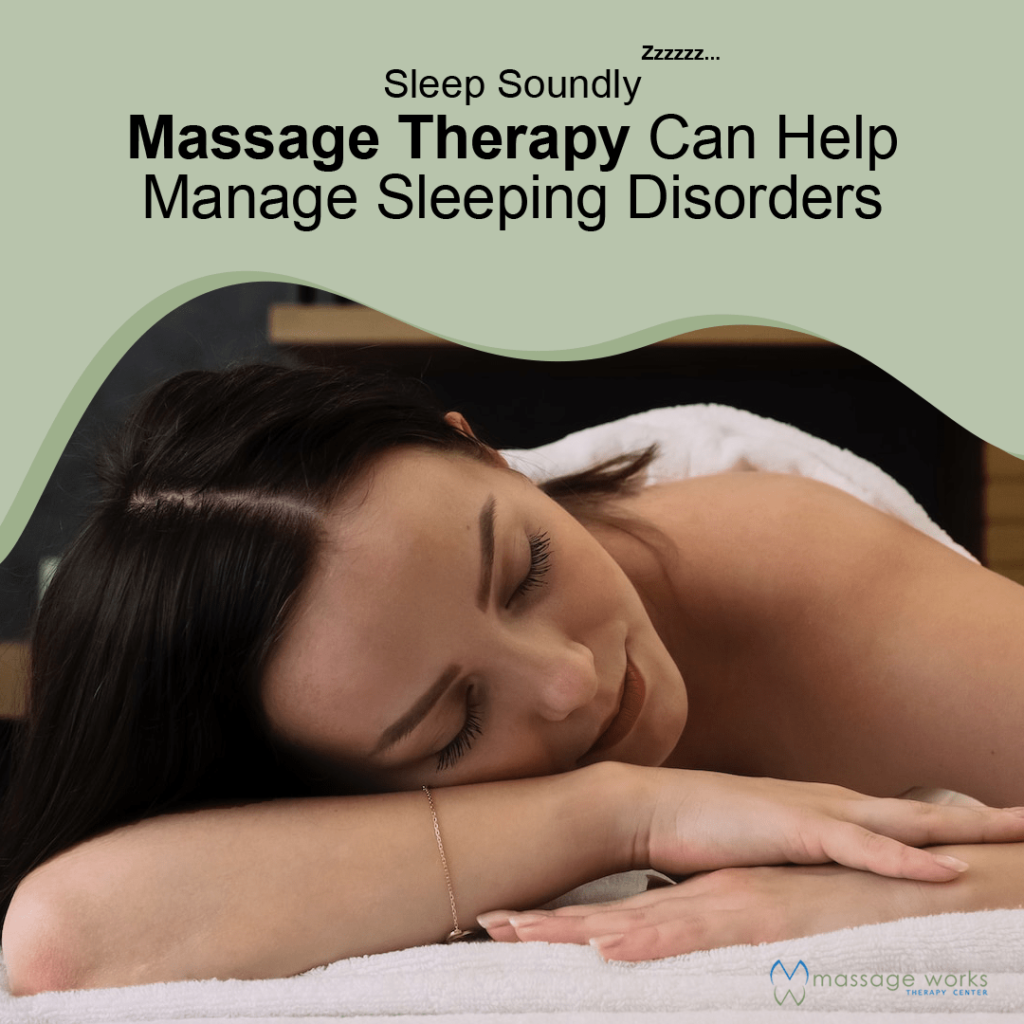Ingenious Insomnia Solutions - Locate What Works for You
Ingenious Insomnia Solutions - Locate What Works for You
Blog Article
Effective Therapy Solutions for Handling Sleep Disorders and Enhancing Restful Rest
In the realm of healthcare, the monitoring of sleep problems and the mission for restful sleep are critical components of overall health. Effective therapy solutions use a diverse technique to tackle these obstacles, varying from cognitive behavioral interventions to all natural methods that promote leisure and mindfulness. The exploration of different methods, including the combination of medication and light therapy, opens a world of possibilities in the pursuit of much better sleep quality. As we navigate the intricate landscape of sleep problems and seek to boost our sleep experience, a much deeper understanding of these treatment services might hold the trick to unlocking a much more rejuvenating and satisfying corrective trip.
Cognitive Behavior Modification for Sleeplessness (CBT-I)
Cognitive Behavior Treatment for Sleep Problems (CBT-I) is an organized, evidence-based treatment approach that focuses on resolving the hidden variables adding to rest disruptions. This kind of treatment aims to customize habits and ideas that worsen insomnia, ultimately promoting healthy sleep patterns. CBT-I usually includes a number of vital parts, including cognitive therapy, sleep constraint, stimulation control, and rest hygiene education.
Cognitive treatment aids people recognize and transform unfavorable idea patterns and beliefs about sleep that might be preventing their capability to drop or remain asleep. Rest restriction entails restricting the amount of time spent in bed to match the person's actual rest period, consequently enhancing sleep effectiveness (cognitive behavioral therapy for insomnia (CBT-I)). Stimulus control methods aid establish a solid organization in between the bed and rest by encouraging people to head to bed only when sleepy and to stay clear of taking part in boosting tasks in bed
Furthermore, sleep hygiene education and learning concentrates on creating healthy and balanced sleep routines, such as keeping a consistent sleep schedule, developing a relaxing bedtime routine, and enhancing the sleep setting. By addressing these factors comprehensively, CBT-I provides an efficient non-pharmacological treatment for handling insomnia and boosting total sleep high quality.
Sleep Health Practices
Having actually developed the foundation of cognitive restructuring and behavior modifications in dealing with insomnia through Cognitive Behavior modification for Sleeping Disorders (CBT-I), the emphasis currently shifts towards checking out crucial Rest Hygiene Practices for maintaining ideal sleep high quality and total well-being.
Sleep hygiene techniques include a series of habits and environmental aspects that can significantly affect one's ability to drop off to sleep and remain asleep throughout the night. Consistent sleep and wake times, producing a relaxing going to bed routine, and optimizing the sleep environment by keeping it dark, quiet, and cool are essential elements of great sleep hygiene. Limiting exposure to screens before going to bed, preventing stimulants like caffeine near to bedtime, and participating in regular physical task throughout the day can additionally advertise much better rest high quality.
In addition, exercising leisure methods such as deep breathing exercises or meditation before bed can aid relax the mind and prepare the body for sleep. By incorporating these rest hygiene practices into one's daily regimen, people can establish a healthy and balanced sleep pattern that sustains restful sleep and total wellness.
Leisure Methods and Mindfulness
Implementing relaxation methods and mindfulness techniques can play a crucial role in promoting a feeling of tranquility and advertising quality sleep. Furthermore, assisted images can aid deliver individuals to a serene location in their minds, helping in stress reduction and enhancing sleep high quality.
Mindfulness techniques, such as reflection and yoga exercise, are additionally reliable in advertising leisure and boosting rest. Mindfulness urges people to remain present in the minute, allowing go of worries site concerning the past or future. By incorporating these techniques into a bedtime regimen, individuals can indicate to their bodies that it is time to prepare and loosen up for sleep. Generally, integrating relaxation techniques and mindfulness practices can considerably add to taking care of sleep conditions and improving general rest high quality.

Medication Options for Sleep Disorders
After checking out leisure methods and mindfulness methods as non-pharmacological treatments for boosting rest quality, it is important to consider medication alternatives for individuals with sleep disorders. In instances where way of living changes and therapy do not offer adequate relief, medicine can be an important tool in managing sleep disturbances.
Frequently recommended medications for rest disorders consist of benzodiazepines, non-benzodiazepine hypnotics, antidepressants, and melatonin receptor agonists. Antidepressants, such as trazodone, can be helpful for individuals with co-occurring anxiety and rest disruptions - cognitive behavioral therapy for insomnia (CBT-I).
It is crucial for individuals to speak with a medical care copyright to figure out the most proper medication choice based upon their certain rest disorder and case history.
Light Treatment for Circadian Rhythm Guideline
Light treatment, likewise recognized as phototherapy, is a non-invasive therapy technique used to control body clocks and enhance sleep-wake cycles. This treatment involves exposure to intense light that mimics all-natural sunshine, which helps to reset the body's interior clock. By revealing people to particular wavelengths of light, typically in the morning or night relying on the desired impact, light treatment can effectively adjust the body clock to advertise wakefulness throughout the day and enhance peaceful rest during the night.
Study has revealed that light treatment can be especially advantageous for individuals with circadian rhythm problems, such as delayed sleep stage syndrome or jet lag. It can additionally be practical for those experiencing seasonal depression (SAD), a sort of clinical depression that typically takes place throughout the cold weather when natural light exposure is decreased. Light therapy is generally well-tolerated and can be made use of in conjunction with various other therapy approaches for rest problems to maximize end results and boost total rest high quality.
Verdict
To conclude, reliable treatment remedies for handling sleep disorders and enhancing restful sleep consist of Cognitive Behavioral Treatment for Insomnia (CBT-I), rest health methods, leisure methods and mindfulness, this page medicine options, and light therapy for body clock law. These techniques can assist individuals boost their click to find out more rest high quality and overall wellness. It is important to seek advice from a medical care provider to determine one of the most suitable approach for resolving sleep issues.
As we browse the elaborate landscape of sleep disorders and look for to boost our sleep experience, a much deeper understanding of these therapy solutions might hold the key to unlocking an extra rejuvenating and meeting corrective journey.
Rest restriction entails limiting the quantity of time spent in bed to match the individual's real sleep period, thus raising rest performance. Consistent sleep and wake times, developing a relaxing bedtime regimen, and optimizing the rest environment by keeping it dark, silent, and cool are crucial elements of good sleep health. Light treatment is typically well-tolerated and can be utilized in combination with other therapy methods for sleep conditions to enhance outcomes and enhance total sleep high quality.

Report this page